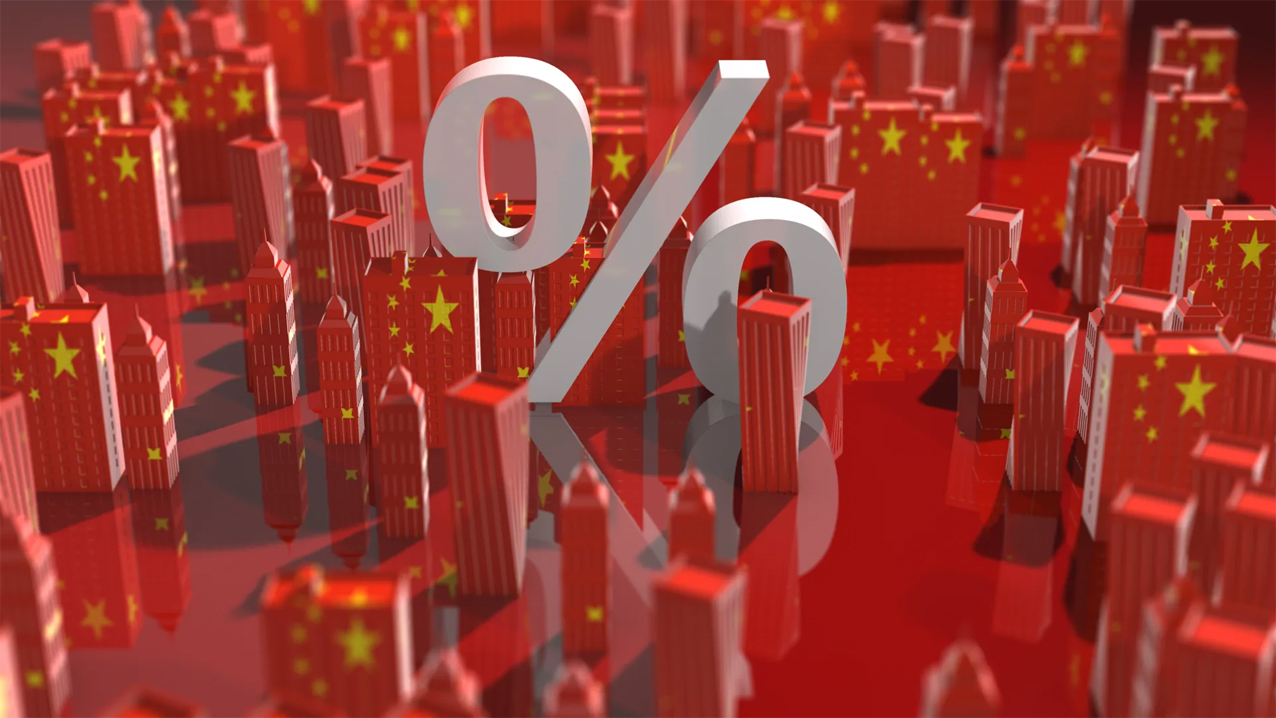By Craig Erlam
Equity markets were back in positive territory on Friday, but I’m struggling to get too excited by the moves we see going into the weekend.
The rebound may partly reflect the scale of the declines we’ve seen in the previous couple of sessions, while the cut to the five-year loan prime rate in China may also be giving markets a bit of a lift.
Ultimately, very little has changed and I expect that will continue to hold these markets back.
The rate cut announced by the PBOC is good news and is clearly targeted a revitalising the ailing property market which continues to suffer due to the crackdown in 2021 and Covid lockdowns this year. Along with other measures already announced, this could help revive a hugely important part of the economy.
Whether it’s enough to help China hit its 5.5% growth target this year, is another matter.
We may see further stimulus efforts in order to try and get close to that as the country is facing numerous headwinds. What it has that others lack, though, is room to manoeuvre on both the fiscal and monetary front.
UK retail sales not a true reflection
The UK is in a tricky position, regardless of the impression the April retail sales data gave on Friday.
While spending last month hugely exceeded expectations and was accompanied by a small upward revision in March, we also saw consumer confidence fall to its lowest since records began in 1974.
While survey data can be volatile, this is a closer reflection of the squeezed consumer in the UK right now.
The cost-of-living crisis is going to have a big impact on household budgets and will intensify again in October when the energy price cap is lifted once more.
Unless the government offers more support, the country is heading for double-digit inflation and a recession. Not exactly consistent with sustainable gains in retail sales.
Oil flat, risks remain
It’s been another volatile week of trade in oil, but Brent and WTI are set to end it roughly where they started. They saw small gains on Friday, but price action remains choppy.
There are just so many forces at play at the moment and the increased economic gloom this week and Chinese reopening progress has only added to that.
The risks remain tilted to the upside, given the Chinese reopening and continued efforts towards a Russian oil embargo by the EU.
And the data this week from OPEC+ was once again disappointing, to say the least. Unless the economy substantially falters immediately, there isn’t much of a bearish case for crude currently. Not in any significant way, anyway.
Gold buoyed by recession fears
The second half of the week has been kind to gold as the trepidation in financial markets has shifted slightly from the pace of monetary tightening to recession risks.
Rather than higher yields and a stronger dollar weighing on the yellow metal, we’ve seen investors pouring into safe havens which have lowered yields slightly and lifted gold.
Whether that will be sustained in this hiking environment will be interesting and ultimately depend on just how real and significant the economic fears are.
At the end of the day, rate hikes should lower demand but so should a recession. If the latter continues to be viewed as a likely outcome of the former, gold could see its fortunes improve further.
Can bitcoin hold above $30,000?
Bitcoin has been treading water for a number of days around $30,000 which has been interesting given the volatility in other risk assets.
That it is being driven by economic rather than interest rate fears may explain it.
Less focus on stablecoins may also be helping to contain the bleeding.
But while some may be encouraged, it’s not seeing any momentum above $30,000 and the longer that goes on, the more prone it looks to another plunge.
Craig Erlam is Senior Market Analyst, UK & EMEA at OANDA
Opinions are the author’s, not necessarily that of OANDA Global Corporation or any of its affiliates, subsidiaries, officers or directors. Leveraged trading is high risk and not suitable for all. Losses can exceed investments.







